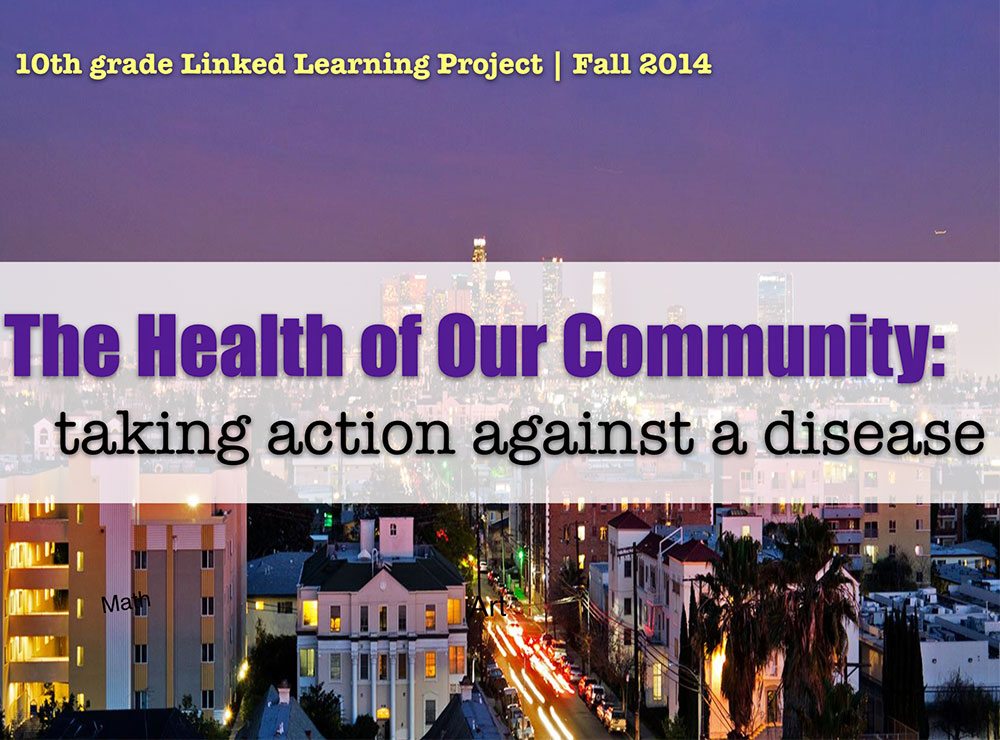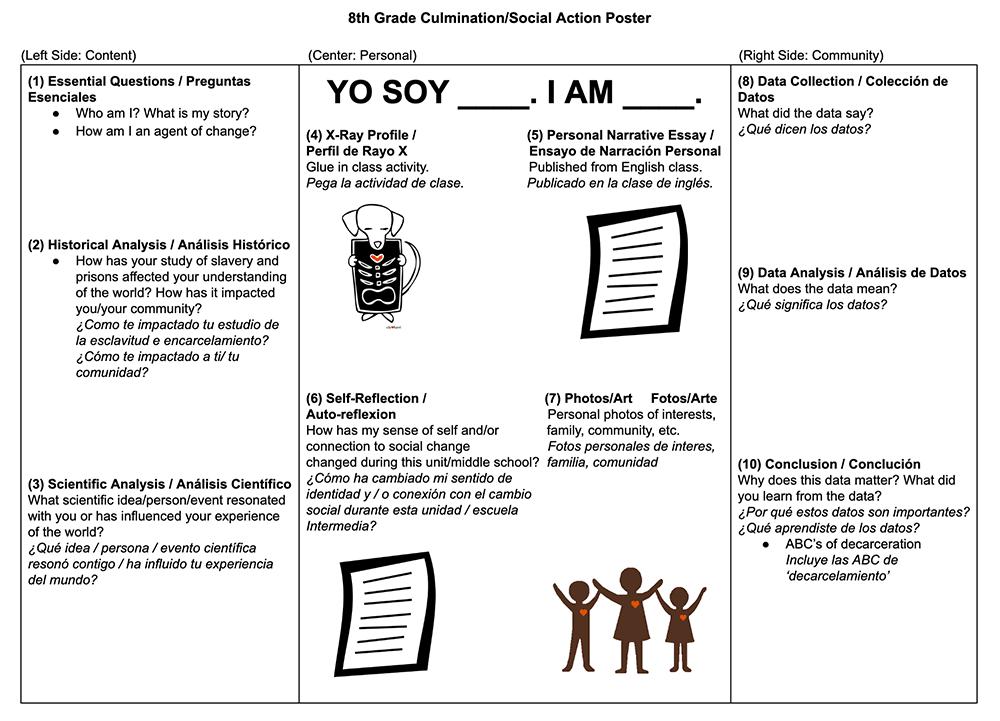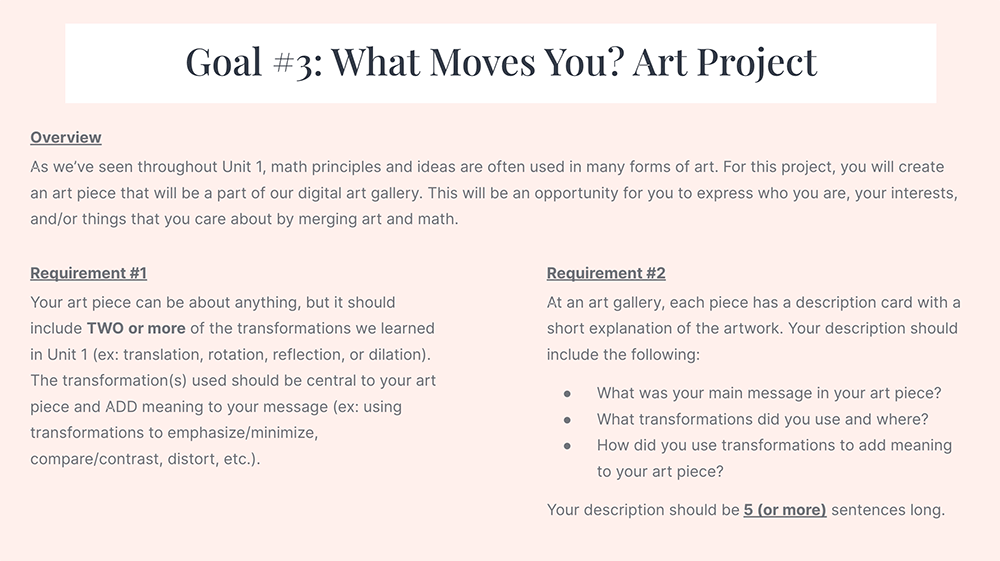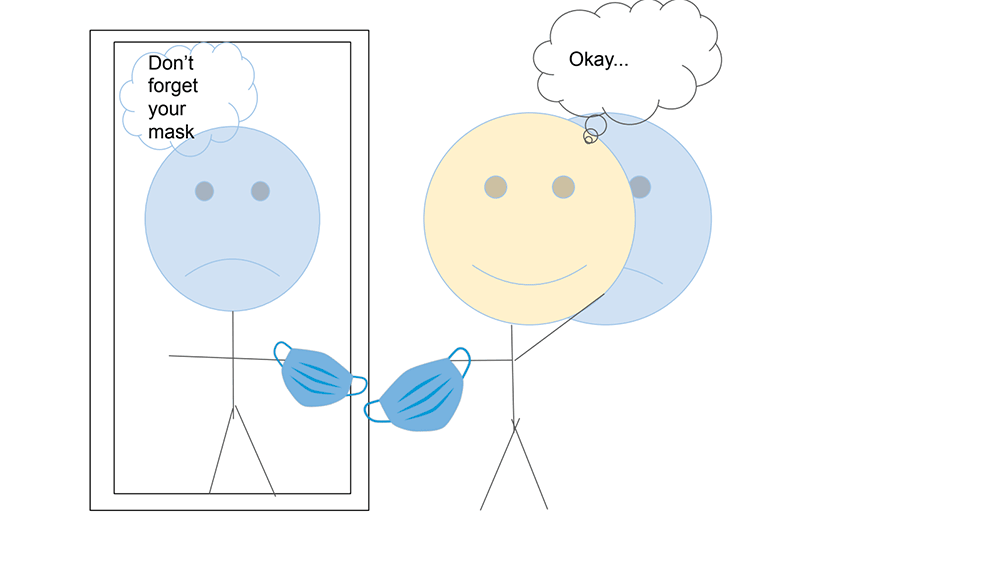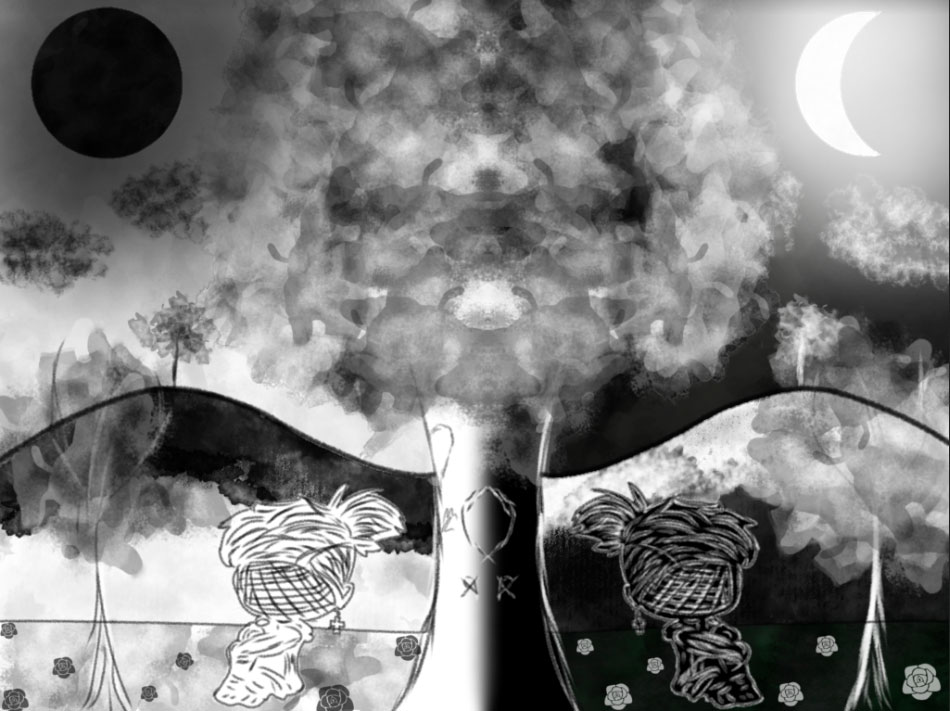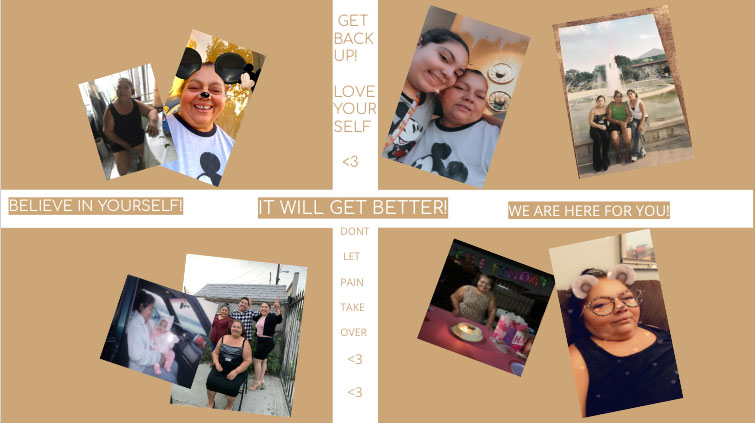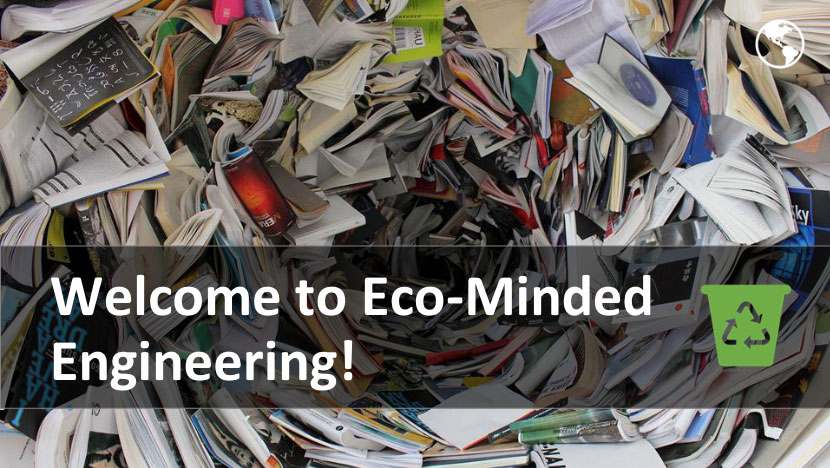
Project-Based Learning for
TEACHER WORKROOM
The Teacher Workroom section contains work created by UCLA Teacher Education Program (TEP) alumni. Some of these projects were enacted when alumni were pre-service teachers while others were created after they had graduated from the program. Most importantly, these classroom applications incorporate PBL, focusing on equity and culturally relevant and sustaining practices. We are grateful to these educators, who have reimagined teaching and learning in secondary STEM classrooms to center equity and student voice, for sharing their work.
- Climate Change Student Action and Solutions in their Community
Author Darlene Tieu (TEP Graduate, Mann UCLA Community School Science
Teacher) - Critical Data Science Journalism Project
Author Leib Sutcher (TEP Graduate) - Resisting Through Art: Memorializing the Struggle
An Interdisciplinary Project Across 10th Grade Biology, Geometry, English, and World History
Author Alexandra Ramos (TEP Graduate) - Chemistry Cooking Show and Other Science Projects
Authors Susannah Hall (TEP Graduate ) and Cheyanne Rofe (TEP Graduate) - Continuous eMotion AP Calculus PBL Project
Author Katie Kondo (TEP Graduate) - 8th Grade Science Anthropology and Social Action Project
Author Janice Chow (TEP Graduate, UCLA Community School Science Teacher) - What Moves You?
Author Gloria Mayorga (TEP Graduate) - Eco-Friendly Recycling Engineering Project
Author Deborah Wang (TEP Graduate, UCLA Community School Science Teacher)
Climate Change for Student Action and Solutions in their Community Project
AUTHOR
Darlene Tieu, UCLA Teacher Education Program Graduate
ABSTRACT
Darlene Tieu discusses ways a partnership with communities and the problem of practices that affect communities can bring students together in her science classrooms. As a former TEP Alumnus, current science teacher, and TEP guiding teacher, Darlene incorporates PBL into her classroom to engage students and build community.
RESOURCES
UCLA Sustainable LA Grand Challenge Resources
Ecosystem Stability in LA PBL Materials
Critical Data Science Journalism Project
AUTHOR
Leib Sutcher, UCLA Teacher Education Program Graduate
ABSTRACT
How can statistical inference help understand community issues? In this project, students will design data sets, apply statistics, and use R-studio software. Each student will receive a request for submission to the South Bay Critical Inquirer. Students will play the role of student activists and journalists and the teacher will be the editor of an online journal. Students will pitch, analyze, write, and design a data science article on a topic of their choosing (from a list of available data sets and topics). The class will provide feedback on their peers’ analyses and writing. The class will publish their analysis and receive comments from other students and community members on a school class website, making content accessible to the public.
RESOURCES
Student Work from Lawndale High School Critical Data Journalism Website
Resisting Through Art: Memorializing the Struggle
AUTHOR
Alexandra Ramos, UCLA Teacher Education Program Graduate
ABSTRACT
In this interdisciplinary project, students explore the ways the concept of the “other” has been used as a tool of oppression and how art has been used to memorialize the message of resistance. This project was implemented in four classes, Biology, Geometry, English, and World History, covering the content standards and incorporating tenets of Ethnic Studies and Native Science for Social Justice.
Interdisciplinary Project Overview Powerpoint
Co-Authors Ms. Villegas, Ms. Kurta, Ms. Yoo, Ms. Ramos, Ms. Zapanta
RESOURCES
Resisting Through Art: Memorializing the Struggle PBL Rubric
Chemistry Cooking Show and Other Science Projects
AUTHORS
Susannah Hall, UCLA Teacher Education Program Graduate
Cheyanne Rofe, UCLA Teacher Education Program Graduate
ABSTRACT
Susannah Hall, National Board Certified Science Teacher and Lead at STEM Academy of Hollywood, introduces Project Based Learning in this video. She shares some of the benefits and explains PBL as a teaching method where students gain knowledge and skills by working for an extended time to investigate and respond to a complex question, problem, or challenge. Some of Ms. Hall’s favorite PBLs include “Chemical Weapons Summit, Atomic Models Debate, Water Filtration Design, Solar Village, Roller Coasters, Soap-Making, and Cooking Show.”
Included in this section is a link to the “Chemistry Cooking Show PBL” materials folder that was adapted and modified by Cheyanne Rofe.
RESOURCES
Chemistry Cooking Show PBL Lesson Plan, Rubric and Materials
Continuous eMotion AP Calculus PBL Project
AUTHOR
Katie Kondo, UCLA Teacher Education Program Graduate
ABSTRACT
“Continuous eMotion” is an AP Calculus project with an essential question, How are continuity and motion present in my life? Students must record 15 seconds of a continuous motion they are passionate about. They then calculate position displacement and distance using horizontal distance from their videos and discontinuity in the position and velocity graphs. Finally, students use various physics and graphical analysis apps and explain their discontinuity and position graphs in a panel.
RESOURCES
Algebra and AP Calculus Projects and Student Work Samples
8th Grade Science Anthropology and Social Action Project
AUTHOR
Janice Chow, UCLA Teacher Education Program Graduate
ABSTRACT
Students focus on the concepts of evolution through time, by connecting to their identity and their own personal evolution through an asset, affirming-based approach. Further, by exploring discoveries of non-eurocentric civilizations, teachers emphasize counternarratives that affirm students’ sense of belonging and presence in STEM spaces. This anthropological approach embeds the scientific discoveries within less recognized prominent civilizations that serve as an analogy for the anthropology of self. Students engage with the concepts of artificial and natural selection and connect eugenics to how scientific investigations can intersect with power and whose knowledge is funded and perpetuated. The project culminates in a celebration of self-expression that connects to science and anthropological learning while also recognizing scientists of color. Students engage in community research, by collecting data and sharing their learning. By doing so, students affirm their capacity to authentically engage and belong in STEM.
Culminating Task
RESOURCES
Anthropology and Social Action Project Lesson Plan
What Moves You?
AUTHOR
Gloria Mayorga, UCLA Teacher Education Program Graduate
This piece focuses on integrating the mathematical concepts of rotation, translation, and dilation in the context of personal expression through art. Middle school students express their identity and experiences through mathematical integration in art. Middle School students embrace their personal experiences to heal, belong, and express who they are while also engaging in deep mathematical learning. This project takes place in a Title 1 middle school that is over 95% Latinx. The teacher was intentional in cultivating an environment of belonging by first sharing her own identity and experiences. This allowed for a classroom culture where students felt comfortable expressing their whole selves and taking both artistic and mathematical risks in their creations. Further, students’ experiences were valued by connecting and eliciting the students’ cultural and personal identities in connection to mathematical concepts. Students made mathematical connections to cultural textiles, art exhibits, and media representations. Lastly computational thinking was leveraged as a tool for critical thinking to further mathematical conceptual understanding that is situated in identity and belonging.
RESOURCES
Student Artwork Samples
Eco-Friendly Recycling Engineering Project
AUTHOR
Deborah Wang, UCLA Teacher Education Program Graduate
ABSTRACT
Deborah Wang teaches a course called, Eco-Friendly Engineering, at UCLA Community School. The aim of the course is to build a functioning soapbox derby race car out of recycled and reused materials that the students can drive. Using project-based learning, the rigid lesson structure evolves into student-centered learning about different aspects of race cars. Students learn about the mechanics of steering wheels, axle systems, pedals, and brakes through the understanding of the simple machines that power them. Students engage with linear and rotational forces in both lessons and problem-based learning through experimentation, observational analysis, constant testing, and revisions. Students work in teams to build healthy competition, comradery, leadership skills, and time management. There is always a lot of fun and play happening in the learning!
Eco-Friendly Recycling Engineering Course Powerpoint
RESOURCES
Eco-Friendly Recycling Engineering Course Description
Project-Based Learning for Centering Student Voice in STEM
All XChange Issues
- Project-Based Learning for Centering Student Voice in STEM
- 10 Years of the IMPACT Teacher Residency Program
- Coaching Across a Continuum: A Journey of Learning
- Ethnic Studies K-12
- The Power of Urban Teacher Residencies: The Impact of IMPACT
- Teacher Collaborative Inquiry
- Culturally Relevant Teaching
- Growing and Supporting Teacher Leadership
- Multiple Measures of Good Teaching
- Repertoires of Linguistic Practice
- Critical Uses of Media & Technology
- 15 Years of Lessons Learned
